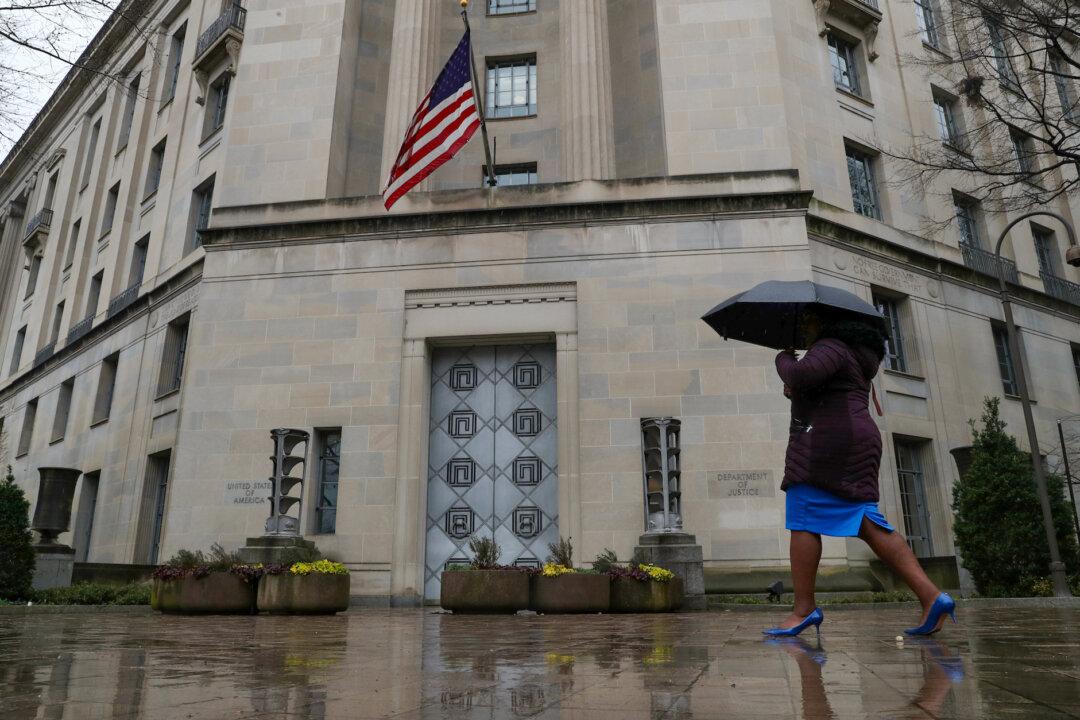A former U.S. Army Reserves officer who worked as a financial counselor with the Army was criminally charged on July 7 for defrauding Gold Star families by losing $3.4 million of their investments while he collected $1.4 million in commissions.
The U.S. Department of Justice charged Caz Craffy, 41, of Colts Neck, New Jersey, through a 10-count indictment with wire fraud, securities fraud, and making false statements targeting members of at least two dozen Gold Star families.




